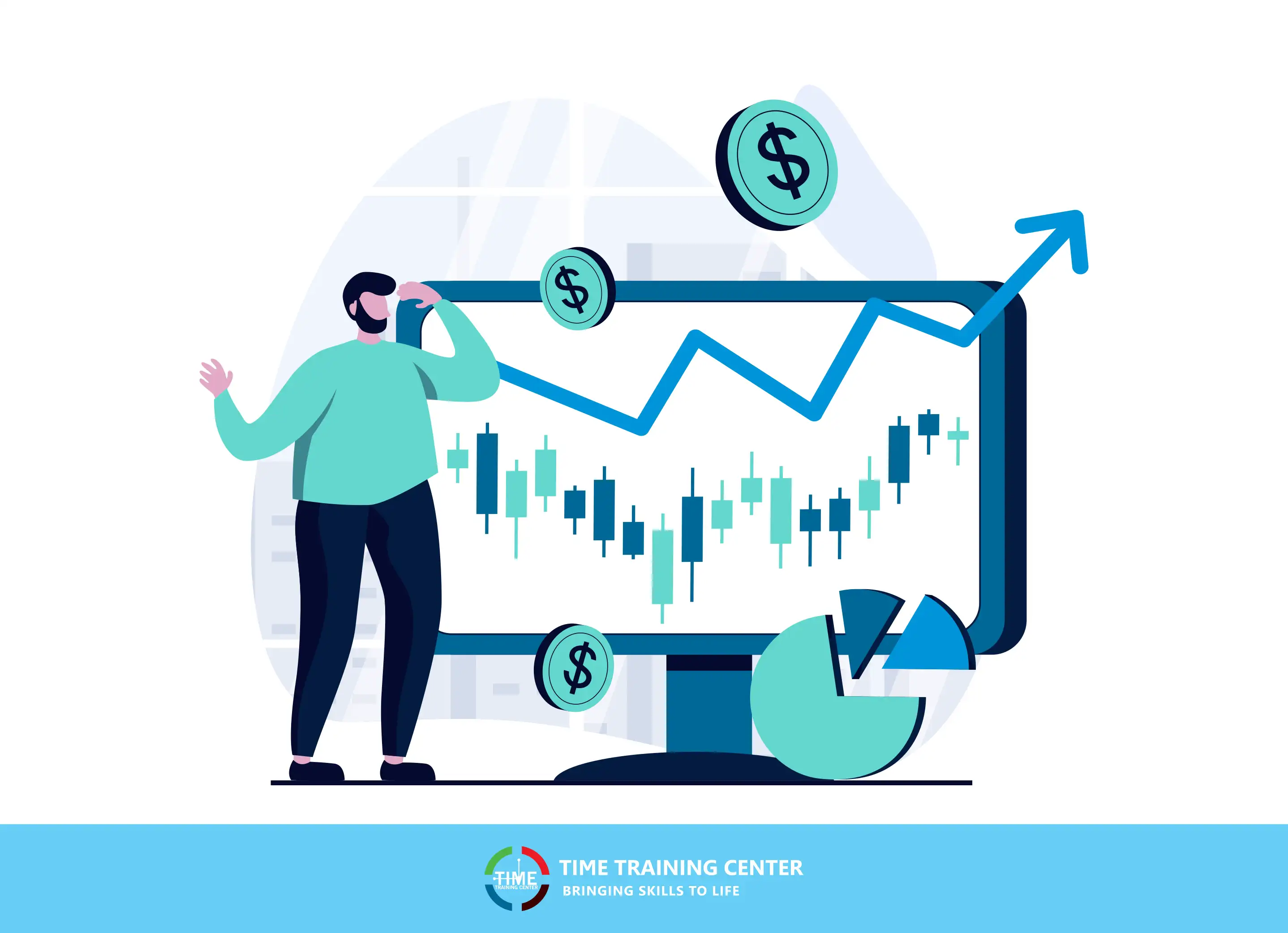The foreign exchange market, also known as forex or FX, is the world's largest financial market, facilitating the continuous trading of currencies. This vast and dynamic market offers a unique opportunity for individuals to profit from potential fluctuations in currency values. But before diving into the world of forex trading, it's crucial to understand its fundamentals and equip yourself with the necessary knowledge to navigate this complex landscape.
This blog will provide a comprehensive overview of Forex trading, catering specifically to beginners eager to delve into this exciting realm of finance.
What is Forex Trading?
Forex trading involves buying and selling currencies to profit from their price movements. Unlike traditional stock exchanges, forex operates 24/5, influenced by economic data, political events, and central bank decisions. Traders speculate on the future direction of currency pairs, such as EUR/USD or GBP/JPY, by entering positions that capitalize on their predictions.
Here's how it works:
If your prediction is correct, you can close your position at a profitable rate, pocketing the difference between the buying and selling prices. However, if the market moves against you, you incur a loss.
Check out How To Become a Forex Trader?
Why Trade Forex?
Several factors make forex trading an attractive option for some individuals:
-
High Liquidity: The forex market boasts the highest daily trading volume of any financial market, ensuring smooth entry and exit from positions.
-
24/5 Market: Unlike stock exchanges with limited trading hours, forex operates continuously, allowing for greater flexibility in trading strategies.
-
Potential for Leverage: Forex brokers offer leverage, which magnifies potential profits (and losses). However, using leverage cautiously is crucial due to the inherent risks involved.
-
Diversification: Adding forex trading to your investment portfolio can offer diversification benefits, potentially mitigating risk through exposure to a different asset class.
Getting Started with Forex Trading
Before venturing into the forex market, here are some essential steps:
-
Educate yourself: Familiarize yourself with forex terminologies, trading strategies, and market dynamics. Utilize educational resources offered by reputable brokers, online courses, and financial websites.
-
Choose a regulated broker: Select a reliable and well-regulated broker that offers a user-friendly platform, competitive spreads, and educational resources.
-
Open a demo account: Most brokers offer demo accounts with virtual funds, allowing you to practice trading without risking real capital. This helps you gain experience and test your strategies in a simulated environment.
-
Develop a trading plan: Define your risk tolerance, set realistic goals, and establish a trading strategy aligned with your risk profile and financial objectives.
Fundamental Concepts in Forex Trading
Navigating the forex market requires a firm grasp of its core concepts. Currencies are traded in pairs, representing their relative value, like EUR/USD, indicating the number of US dollars needed for one Euro. The smallest price movement in a pair is called a pip, which is crucial for calculating potential gains and losses.
The spread is the difference between the buying and selling price, representing the broker's commission. Finally, leverage allows controlling a larger position with a smaller investment, but it amplifies profits and losses, significantly increasing potential risks. Understanding these fundamental concepts is essential for informed decision-making in the forex market.
Technical Analysis in Forex Trading
Technical analysis is a key tool utilized by Forex traders to analyze price movements and identify potential trading opportunities. Traders can gain valuable insights into market trends and patterns by studying historical price data and employing technical indicators such as moving averages, RSI, and Bollinger Bands.
Technical analysis is valuable for traders seeking to enhance their decision-making process and optimize their trading strategies.
Fundamental Analysis in Forex Trading
In addition to technical analysis, fundamental analysis plays a crucial role in Forex trading. By examining economic indicators such as interest rates, inflation, employment data, and GDP, traders can gauge the strength and stability of different economies, thereby influencing currency valuations.
Fundamental analysis provides traders with a comprehensive understanding of the underlying factors driving market movements, enabling them to make informed trading decisions.
Developing a Forex Trading Strategy
A well-defined trading strategy is crucial for consistent success in forex trading. Here's what to consider when developing your approach:
-
Define your trading style: Are you a day trader seeking short-term profits or a swing trader holding positions for days or weeks? Choose a style that aligns with your risk tolerance and available time commitment.
-
Identify technical indicators: Select indicators that suit your trading style and provide valuable insights for your chosen timeframe.
-
Set entry and exit points: Establish clear criteria for entering and exiting trades based on your technical analysis and risk management parameters.
-
Manage risk effectively: Implement stop-loss orders to limit potential losses and define your maximum risk per trade based on your overall portfolio.
-
Backtest your strategy: Test your strategy on historical data to assess its effectiveness and identify areas for improvement before risking real capital.
Remember, a successful strategy is not static and needs to adapt to evolving market conditions. Continuously monitor your performance, refine your approach as needed, and remain flexible in your decision-making.
Psychology of Forex Trading
The psychological aspect of forex trading is crucial for success. Emotions like greed, fear, and overconfidence can easily cloud judgment and lead to impulsive decisions that undermine your trading plan. Accepting losses as inevitable learning experiences is essential, preventing you from chasing them with emotionally charged trades.
Maintaining discipline by adhering to your plan and avoiding deviations based on emotions or market noise is paramount for long-term success. Finally, remember that successful forex trading is a marathon, not a sprint. Cultivate patience, perseverance, and a commitment to continuous learning to navigate the complexities of the market and achieve your financial goals.
Conclusion
In conclusion, forex trading offers a potentially lucrative avenue for individuals seeking to profit from currency fluctuations. However, it's crucial to approach this market with a realistic understanding of the inherent risks involved. By equipping yourself with knowledge through forex trading training, developing sound strategies, and practicing disciplined risk management, you can increase your chances of navigating the complexities of the forex market and potentially achieving your financial goals.
 +971 2 6713828
+971 2 6713828




